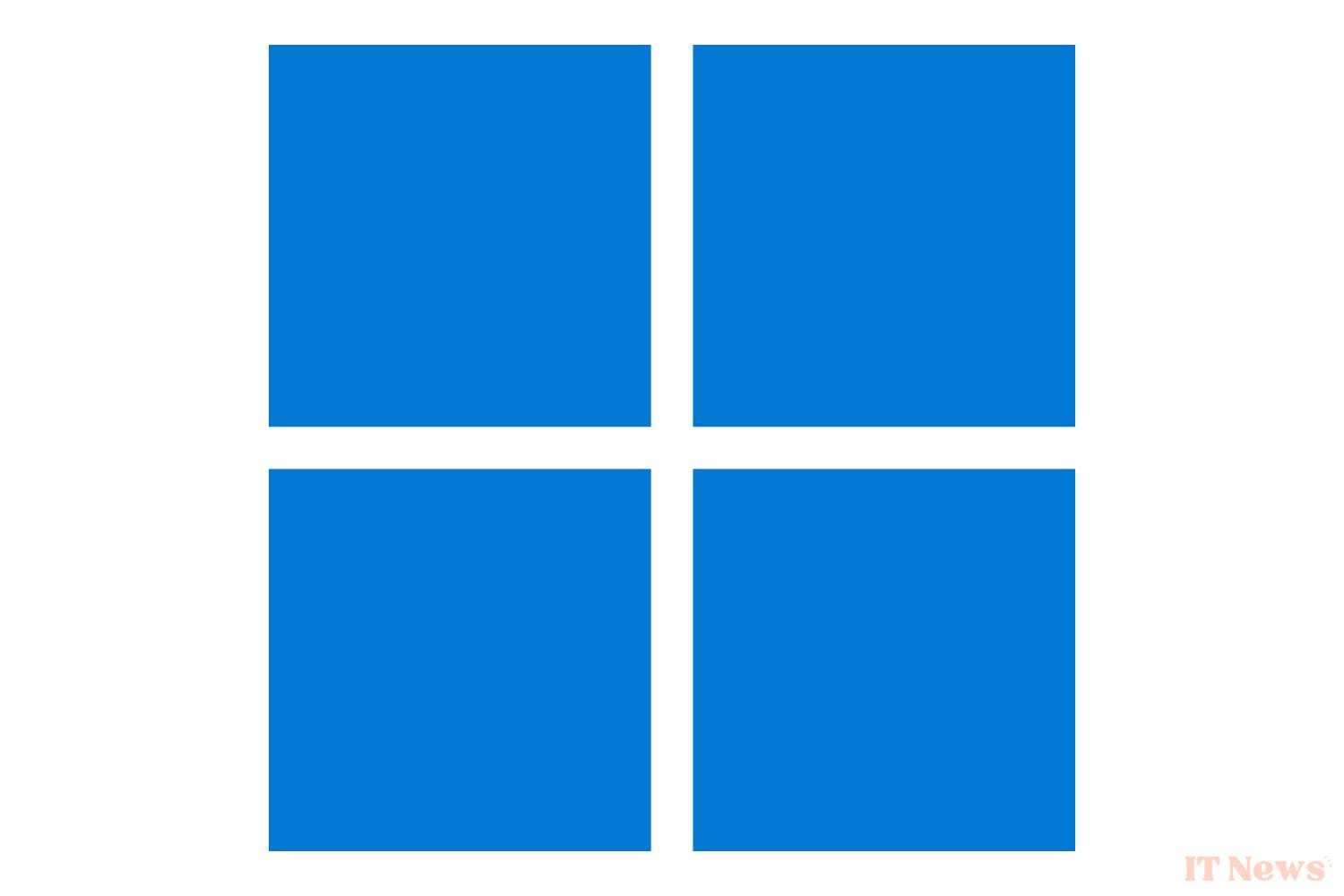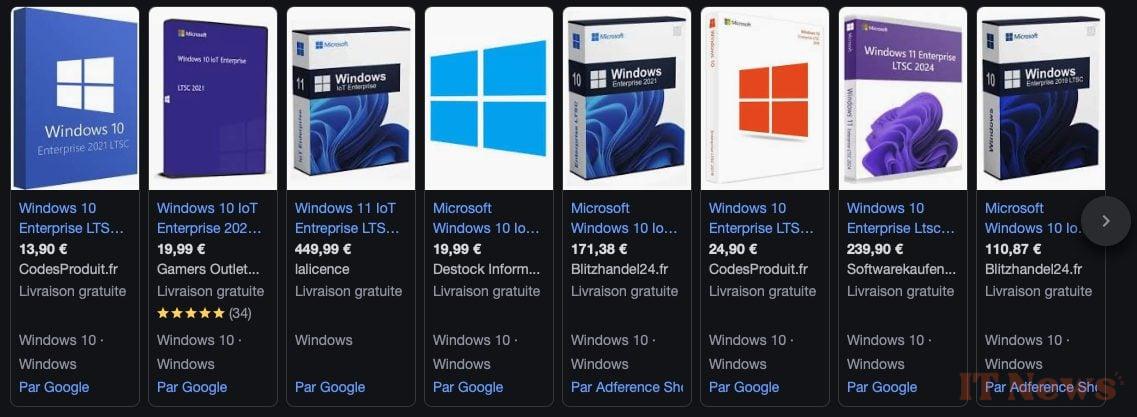The end of Windows 10 support is fast approaching. Starting October 14, PCs still running Windows 10 will no longer receive any security updates. Windows 10 and the applications you use daily will still work, but your machine will remain exposed to any future security flaws discovered by hackers. And Microsoft will no longer deploy any patches to correct them.
And for good reason, the Redmond company only hopes for one thing: that you upgrade to Windows 11. If your machine's configuration allows it, you can start this migration for free. However, if your PC's components don't meet its specifications, Microsoft suggests you buy a new machine.
Fortunately, there are hacks to easily bypass these locks put in place by Microsoft. In fact, installing Windows 11 on an incompatible PC is a fairly simple operation. Microsoft knows this, and has planned to put a few obstacles in the way of those who risk it.
For those who want to stay on Windows 10 while keeping their system up to date and secure, Microsoft does offer an option to extend updates for a few months, for an entry fee starting around thirty dollars. But for now, the Redmond company has not provided details on how to proceed.
To avoid being caught off guard once support ends, some are considering another option. It is indeed possible to continue using Windows 10 and benefit from its security updates for a few more years.
Migrate to enterprise LTSC versions for more updates
For the past few months, on Reddit (1, 2), specialized forums, but also on social networks, a solution has been coming up very frequently to compensate for the end of support for Windows 10 for the general public. Many people are talking about the desire to migrate their Windows 10 Home or Professional machine to a version of Windows 10 reserved, in principle, for businesses. And for good reason, Microsoft is offering these two versions of Windows 10, whose support has been extended for several years.
Windows 10 Enterprise LTSC 2021 (LTSC for Long Term Servicing Channel) will see its support end on January 12, 2027, while support for Windows 10 IoT Enterprise LTSC 2021 will end on January 13, 2032. This is enough to make more than one dream, especially since it seems quite simple to obtain a license for one or the other of these versions. Just do a Google search and you'll see links to buy licenses for a handful of euros.
Very specific versions of Windows 10
What makes these versions of Windows 10 different from the classic Home or Pro version you usually use on your PC? Windows 10 Enterprise 2021 LTSC, which is based on Windows 10 21H2, is a version of Windows 10 that is generally used on business machines (industry, healthcare, etc.) that require a stable and secure environment and cannot be updated frequently. This is the case, for example, for machines used to control ATMs, medical devices (MRI, scanner, etc.), or any other similar specific field.
But that's not all. These versions of Windows 10 intended for businesses are also stripped of certain features present in the consumer versions of the OS. Furthermore, their activation method differs from classic versions of Windows 10. In the case of Windows 10 Enterprise 2021 LTSC, activation is generally only possible through a volume licensing program. However, it is quite easy to obtain an activation key online, via unofficial distributors, on the so-called "gray market".
Similarly, Windows 10 IoT Enterprise 2021 LTSC is generally only available to manufacturers of "stationary devices." This version is strictly identical to that of Windows 10 Enterprise 2021 LTSC with the difference that its license can, in principle, only be used by manufacturers installing it on their devices (OEM).
In practice, again, it is quite simple to obtain a license for Windows 10 IoT Enterprise 2021 LTSC via a simple query in a search engine.
As for the activation of each of the licenses, again, nothing insurmountable: a simple phone call to the voicemail of Microsoft's dedicated activation service is enough.
What about the legality of such a practice? The correct answer still seems to be in a gray area. In the eyes of Microsoft, and the Windows 10 user agreement, this maneuver does not comply with the terms set out in the operating system's terms of use. However, since the license key was obtained legitimately, its use is, a priori, not illegal. The main risk incurred by opting for either of these solutions is that your user license (even if duly paid) will be revoked by Microsoft.




0 Comments